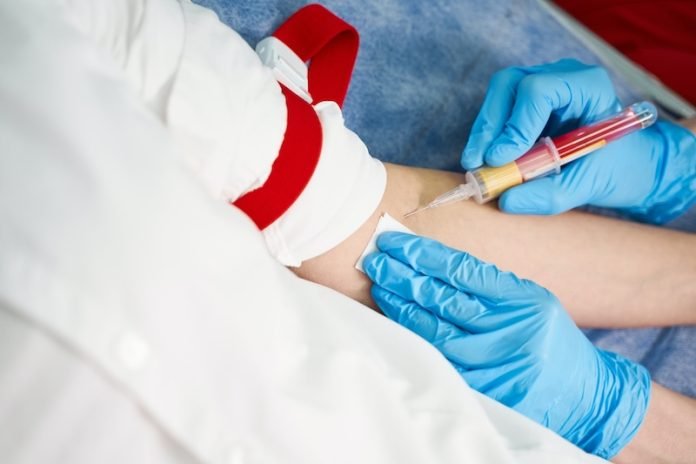
Cancer treatment has entered a new era with the advent of immunotherapy, a method that uses the body’s own immune system to fight cancer.
A recent study by researchers from Brigham and Women’s Hospital has shed light on how this treatment can be more effectively applied, especially for patients with certain types of cancer, such as colorectal and endometrial cancer.
The study, published in the journal Cancer Cell, reveals that a significant number of cancer patients who could benefit from immunotherapy are being overlooked with current testing methods.
The focus of the study is on a condition known as mismatch repair deficiency. This condition occurs when certain proteins that normally repair DNA errors are missing, leading to increased mutations and, in many cases, to cancer.
Immunotherapy has proven to be highly effective for patients whose cancers have this genetic feature. However, the current standard test, known as immunohistochemistry, sometimes misses patients with mismatch repair deficiency.
The researchers, including first author Elias Bou Farhat, MD, of Brigham and Women’s Hospital, examined medical data from a group of 1,655 patients at Brigham and Women’s Hospital and Dana-Farber Cancer Institute.
These patients, who had either colorectal or endometrial cancer, were tested for mismatch repair deficiency using both immunohistochemistry and a more advanced method called next-generation sequencing.
Their findings were striking. Nearly six percent of endometrial cancer patients and one percent of colorectal cancer patients who were missed by immunohistochemistry were identified as having mismatch repair deficiency by next-generation sequencing.
This more sensitive method of testing could potentially identify about 6,000 additional patients in the U.S. alone who could benefit from immunotherapy.
The implications of these findings are profound. For colorectal and endometrial cancers, which often have high rates of mismatch repair deficiency, immunotherapy is not typically the standard treatment.
However, for patients with this condition, immunotherapy can lead to long-term survival and even potential cures, even in late-stage cancers.
The study suggests that including next-generation sequencing as a complimentary testing method could benefit patients in all stages of cancer, from early detection to advanced stages.
The study also found that patients with mismatch repair deficiency respond better to immunotherapy than to other treatments, and their survival and treatment outcomes are similar to those who were identified as deficient by both testing methods.
This highlights the need for more sensitive diagnostic tools in identifying patients who could benefit from immunotherapy.
Senior author Amin Nassar, MD, emphasized the importance of not missing these patients, as it could deprive them of a potentially life-saving treatment. The goal is to provide the most effective and least toxic treatment for each patient.
The researchers are now looking to expand their findings to other types of cancer and investigate the role of other genetic deficiencies related to mismatch repair deficiency.
This study marks an important step forward in personalized cancer treatment, offering new hope to thousands of patients.
If you care about cancer, please read studies about a new method to treat cancer effectively, and this low-dose, four-drug combo may block cancer spread.
For more information about cancer prevention, please see recent studies about nutrient in fish that can be a poison for cancer, and results showing this daily vitamin is critical to cancer prevention.
The research findings can be found in Cancer Cell.
Copyright © 2023 Knowridge Science Report. All rights reserved.



